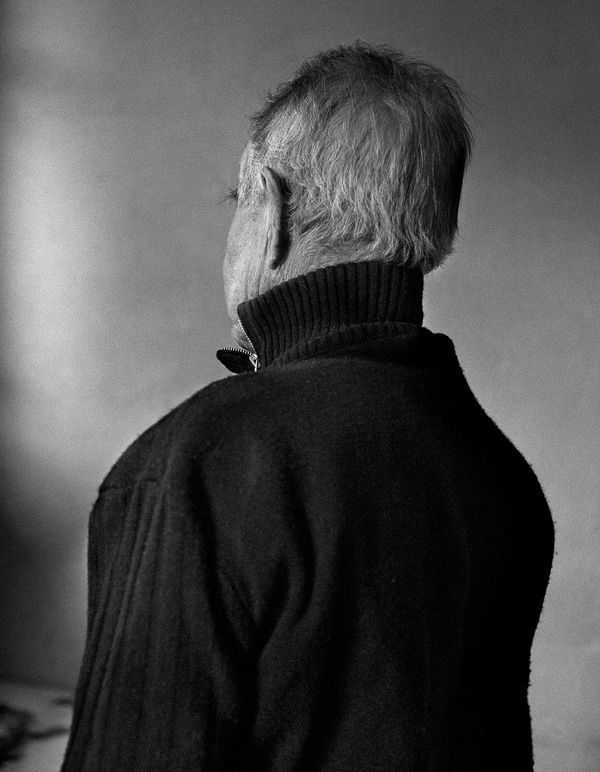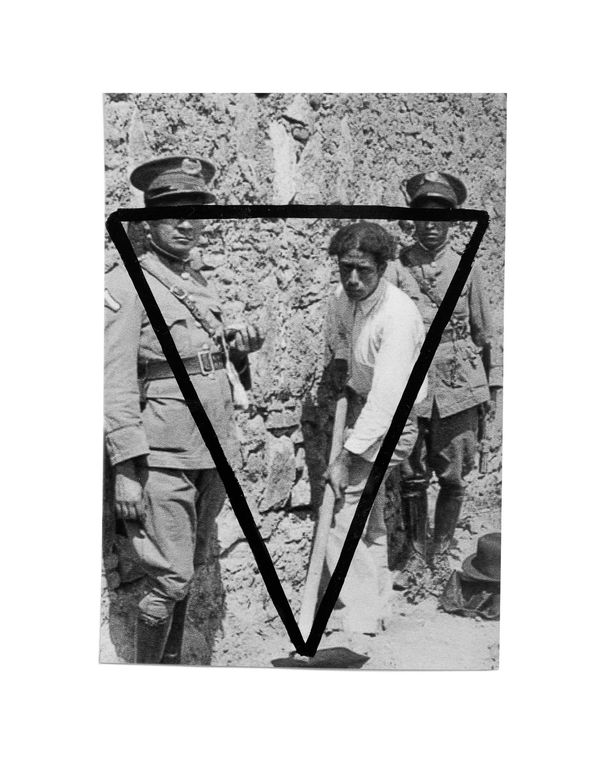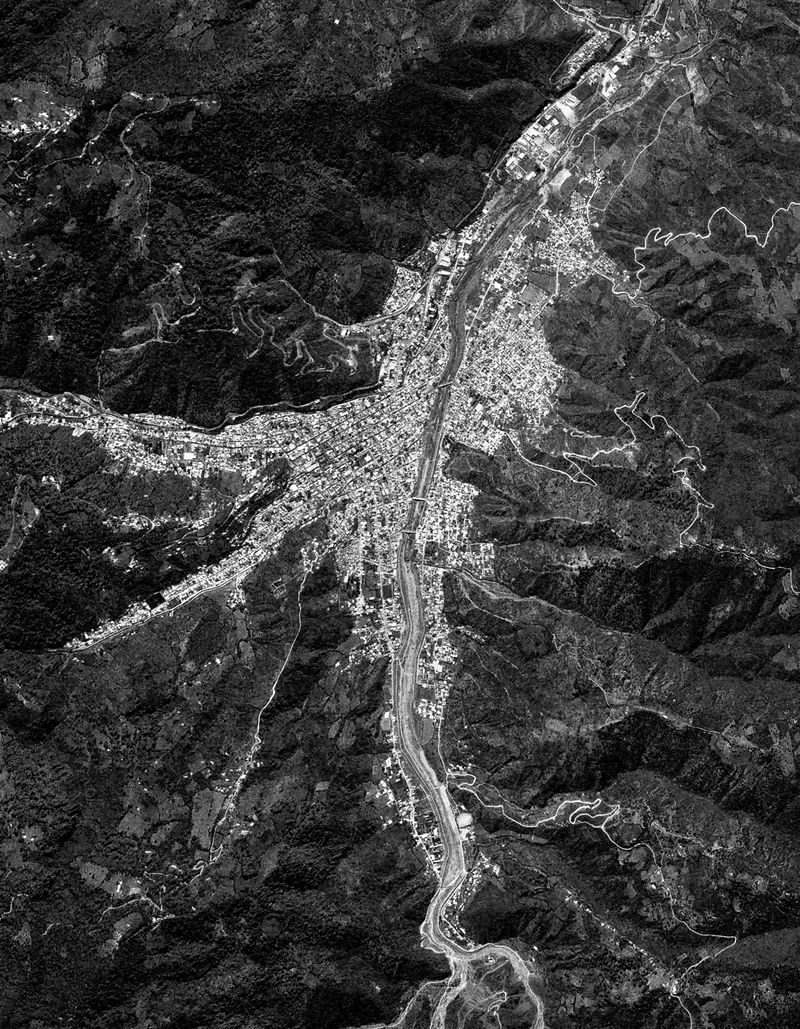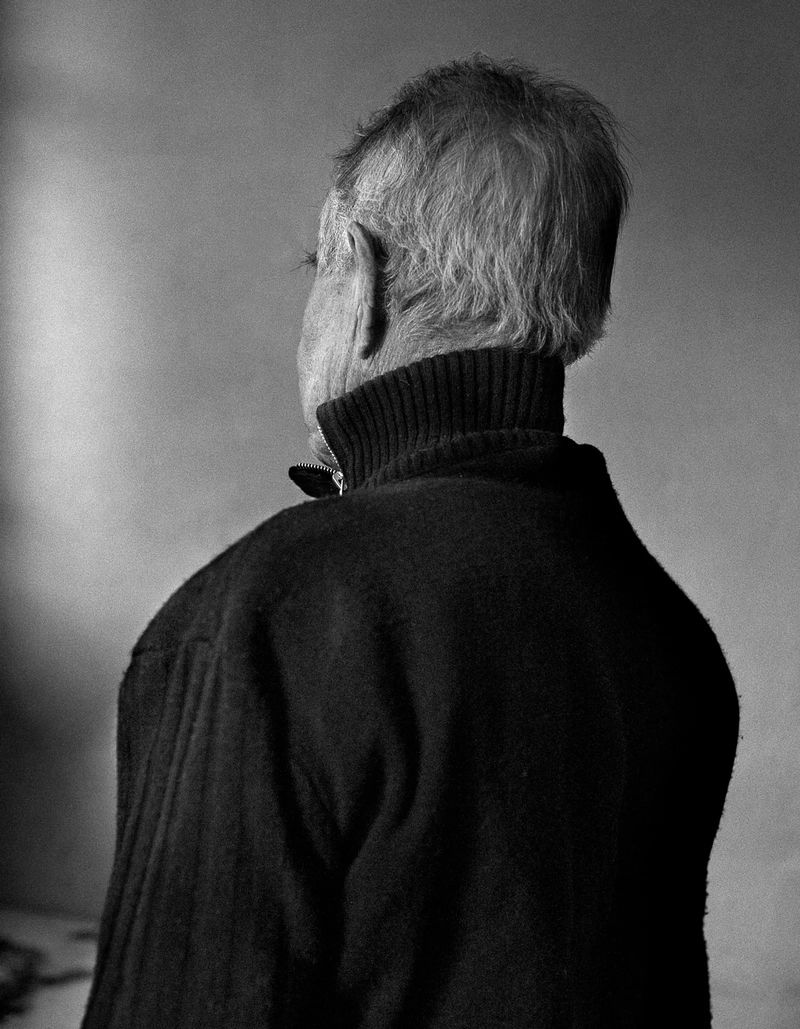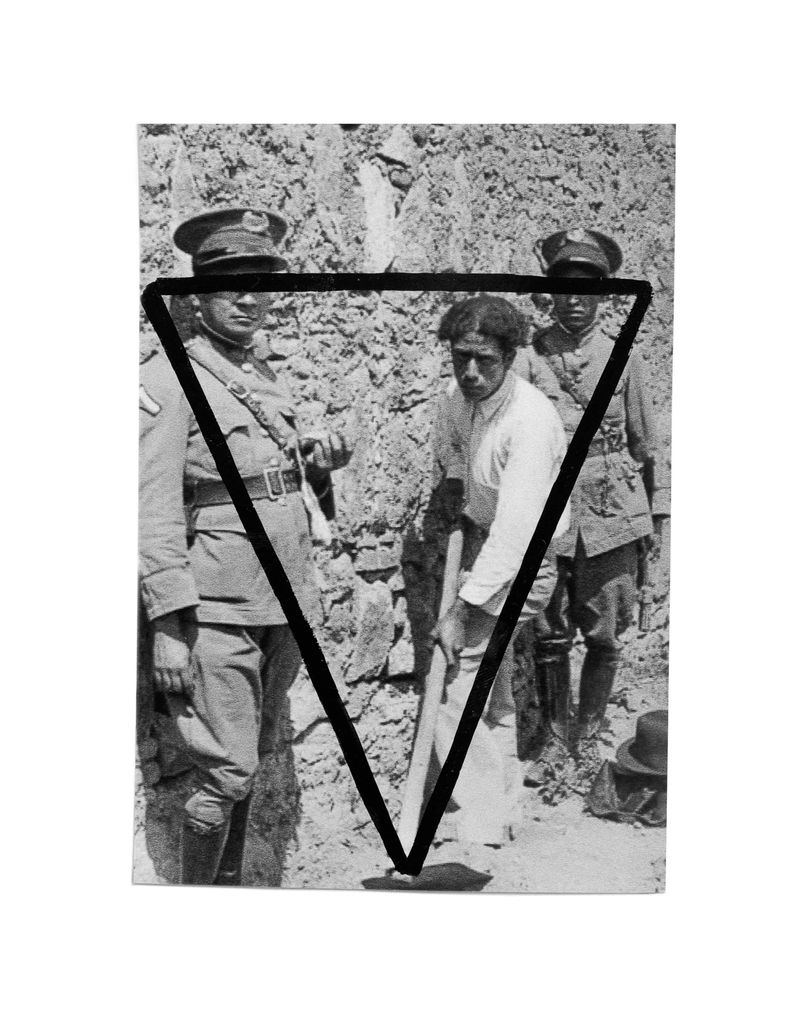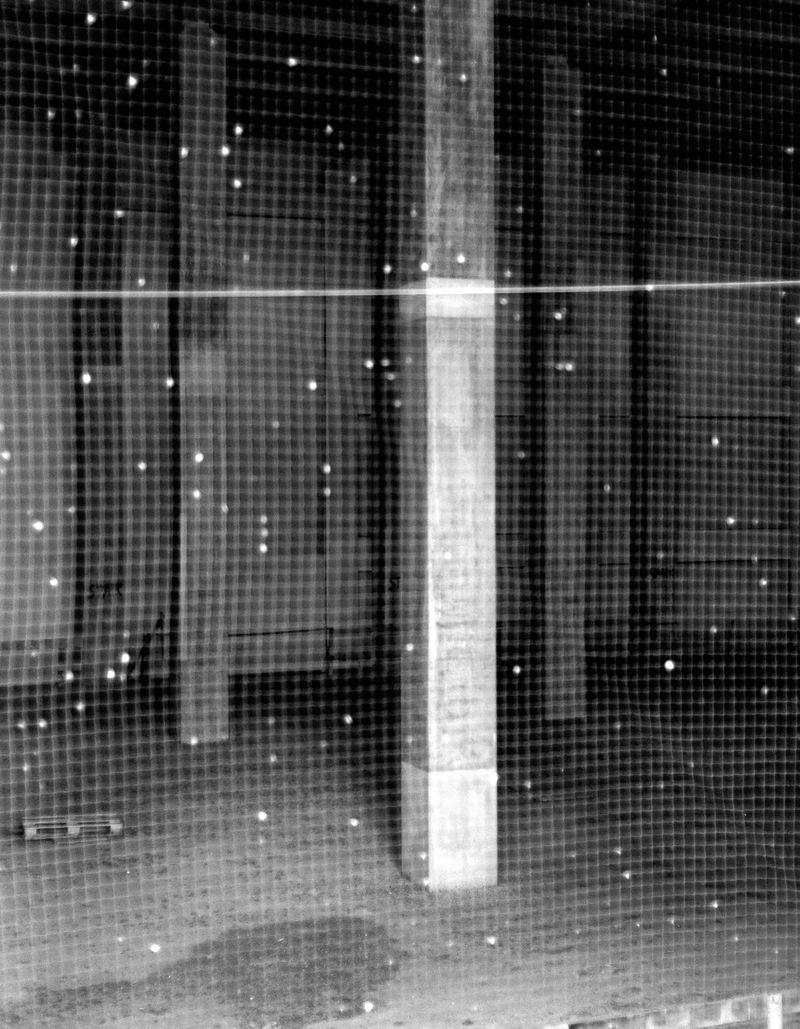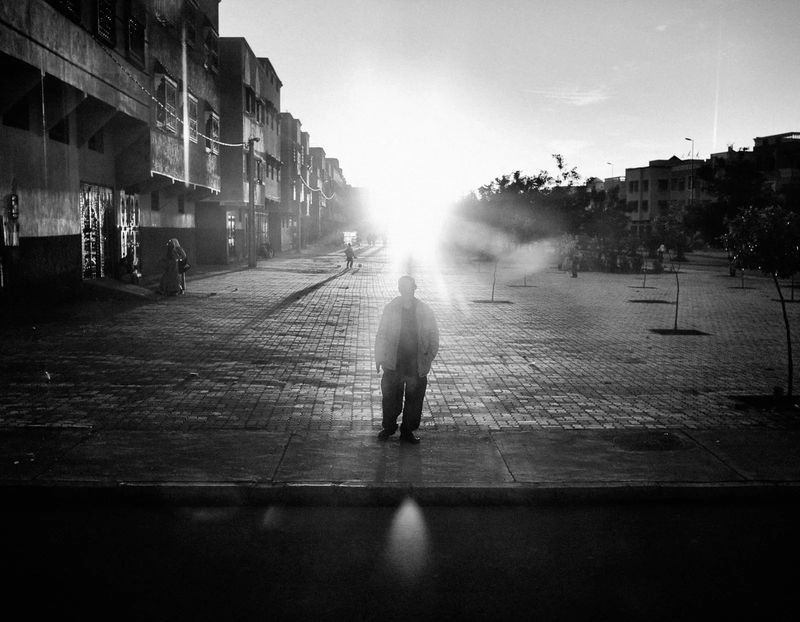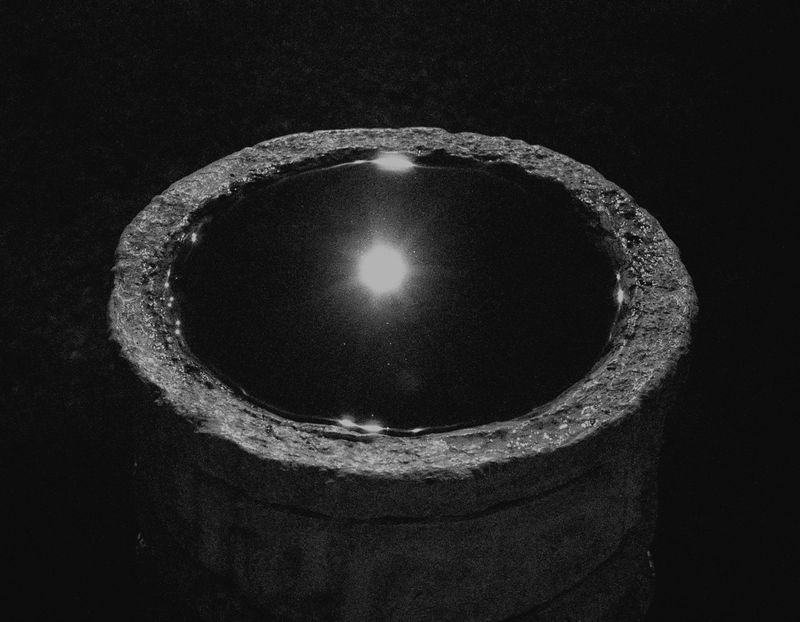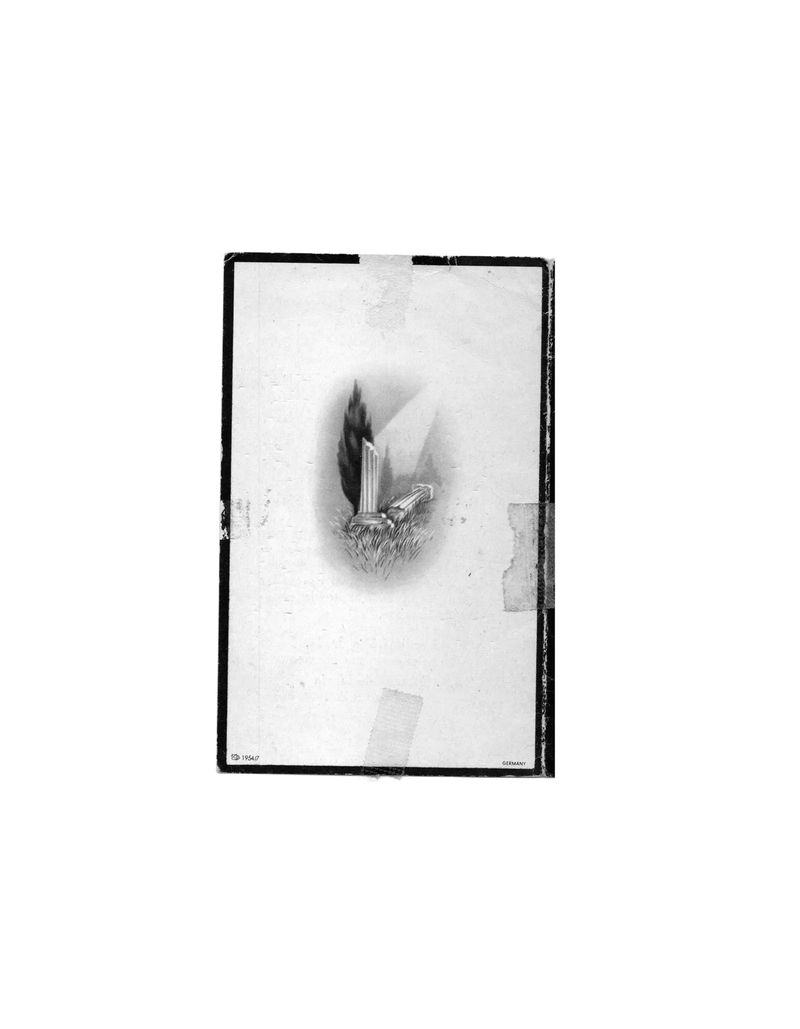Self-Discovery Through an Ancestor's Mystery
-
Published10 Feb 2022
-
Author
During one of his many trips back home to Guatemala, photographer Antonio Rodriguez discovered a secret that had been buried for years in his family’s past: his grandfather, whom he never met, was exiled to Mexico in the 1930s.
This revelation sparked the desire in Rodriguez to dig into the past and embark on a journey to learn about an ancestor who had inhabited his imagination since childhood, a hazy presence shaped by second-hand anecdotes.
Rodriguez was determined to trace back the journey that his grandfather, and namesake, had taken from their hometown of Tacaná through the mountains to Motozintla de Mendoza.
During the ’30s, as totalitarianism swept through Europe, Guatemala also fell to the grip of Jorge Ubico Castañeda’sregime, the “Napoleon of Central America,” whose policies favoured landowners and their cruel labour practices. Rodriguez’s grandfather had been outspoken against the dictatorship, defending the rights of indigenous people who largely populated Guatemala’s western region, but that was all that Rodriguez knew about him.
Determined to learn more, he travelled back from Berlin, where he currently lives, to Guatemala in order to research his past. He tried to engage in conversations with family members and old friends about the past, but his questions were met with reticence and self-censorship. He tried browsing official documents, but all archival records had been destroyed. Only four photos of his grandfather remained inadequate clues to the larger story. “There was a big absence in my family, and of course in me as well,” Rodriguez says.
Bigger questions and self-reflection emerge: What kind of violence did my grandfather and his family face? Why was his identity disrupted? What does the repressive apparatus of the State set in motion to depoliticize his existence?
Inspired by the literature he read during his journey, Rodriguez decided to add a layer of fiction to his work, to better fill the gaps. Even after so many years had passed, the fear and weight of memories remained strong, Rodriguez recalls. “That creates this break in your consciousness. It creates self-censorship,” which he then analyzed within the broader context of self-censorship, that of a country oppressed by an authoritarian regime.
Rodriguez used photographs to symbolically express his journey, his process, and his feelings.
One image depicts an old man, an old friend of his grandfather, from behind, his face concealed, suggesting a sought-after truth that fails to manifest fully. “It’s a story that, at the moment, I am not really able to see completely frontally.”
In another photo, taken while visiting his grandfather’s grave, the sunlight reflects off the water in a well. “It’s about expanding this concept of how you dig through the story, the process of clarifying consciousness,” Rodriguez says. When raising your eyes to face the sun, you cannot stare at it directly; you need time to adapt to its brilliance and “clarify your vision,” Rodriguez says.
A man alone on the street evokes the experience of exile, one faced by his grandfather as well as Rodriguez himself, who moved away from home to pursue his projects. “The man is alone,” Rodriguez explains, “and being alone or exiled represents the break with your own roots.” The scorching sun in the background reinforces these nuanced impressions: “The flash of light — that’s the experience of being exiled,” Rodriguez says. It was a “shock of light” when he moved: everything was suddenly different, new.
Expanding his research, Rodriguez also resorted to a Google maps image to re-imagine the territories at the center of the events. The image captures the city of Motozintla de Mendoza cut in two by the Xelaju river. On the right, out of frame, is his hometown of Tacaná, which he can only see through his imagination. The broad, dark rivers assume symbolic meaning, evoking a line of division along the border, the same line his grandfather crossed twice: first in 1937, when he was exiled to Mexico, and then again in 1944, when he finally returned home. Observing the landscape from the air, then zooming metaphorically to embrace a wider story, Rodriguez visualizes “the territory of memory… the place where the contradiction between being part of everything and nothing [is produced],” he wrote in a statement.
“[This story] triggered the need to find my roots . . . because finding my roots generates consciousness,” Rodriguez says. “It also reconstructs a memory, and it automatically defines my self, defines the self of my family, and gives a meaning to my exiled self as well.”
--------------
All photos © Antonio Rodriguez, from the series Tacaná
--------------
Antonio Rodriguez is a Guatemalan photographer based in Berlin. He's interested in a visual representation of everyday life. Find him on PhMuseum and Instagram.
Lucia De Stefani is a writer focusing on photography, illustration, culture, and everything teens. She lives in New York. Find her on Twitter and Instagram.
--------------
This article is part of the series New Generation, a monthly column written by Lucia De Stefani, focusing on the most interesting emerging talents in our community.

